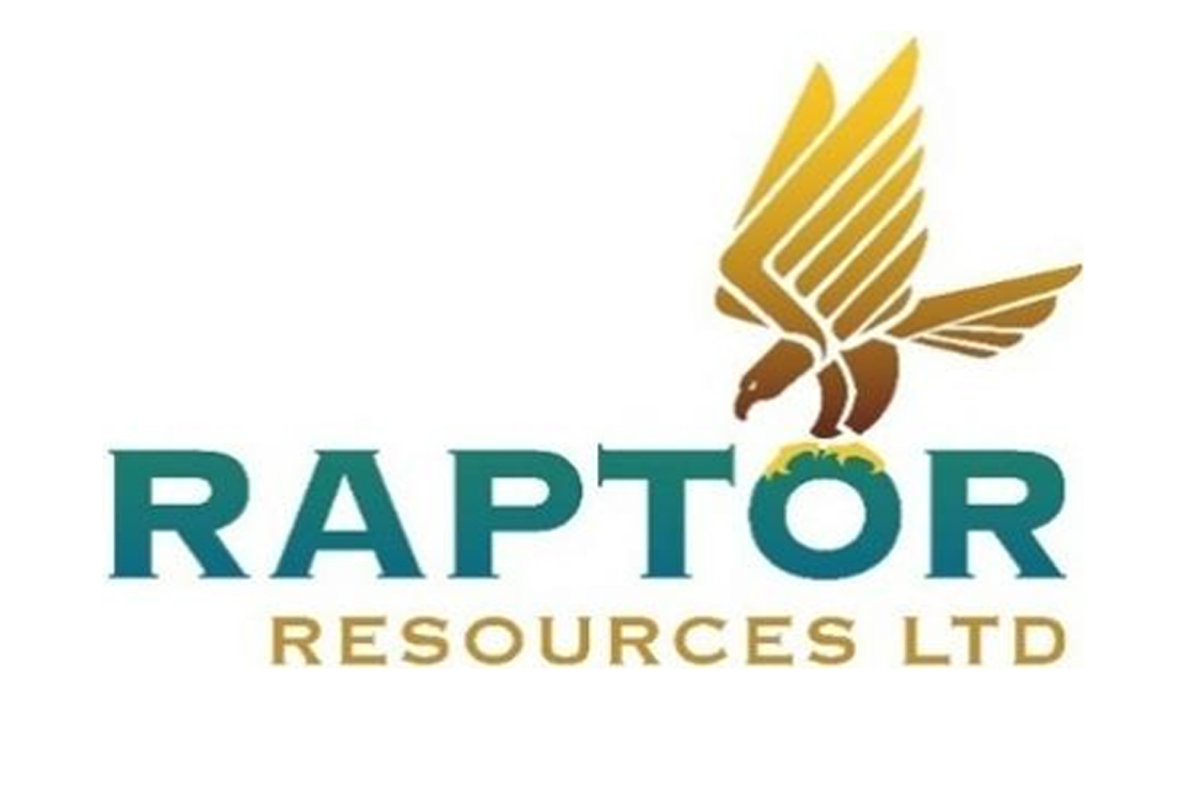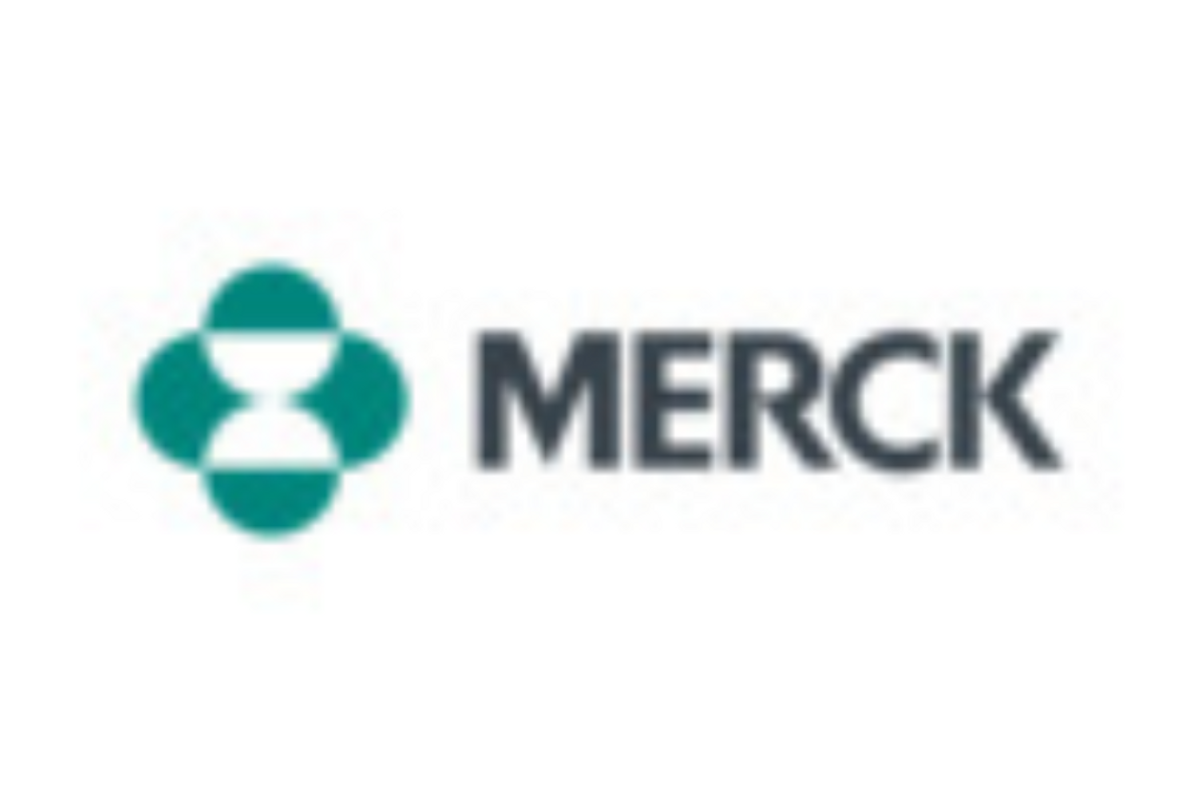PREVYMIS showed non-inferior efficacy and more favorable safety profile compared to standard of care; results presented at IDWeek 2022
Separate Phase 3 study evaluating 200 days of therapy with PREVYMIS in HSCT recipients at high risk of late clinically significant CMV infection recently completed, meeting its primary endpoint
10.4% (n=30) of participants who received PREVYMIS developed CMV disease versus 11.8% (n=35) of participants on valganciclovir (stratum adjusted difference = -1.4, [95% CI, -6.5, 3.8]). In a pre-specified safety analysis, PREVYMIS-treated participants had significantly less myelotoxicity, as measured by rates of leukopenia or neutropenia, compared to valganciclovir-treated participants; 26.0% (n=76) versus 64.0% (n=190), (95% CI, -45.1, -30.3; p-value
PREVYMIS is a first-in-class antiviral agent that was approved by the U.S. FDA in 2017 and is indicated for prophylaxis of CMV infection and disease in adult CMV-seropositive recipients [R+] of an allogeneic hematopoietic stem cell transplant (HSCT). PREVYMIS is contraindicated in patients receiving pimozide or ergot alkaloids. Increased pimozide concentrations may lead to QT prolongation and torsades de pointes. Increased ergot alkaloids concentrations may lead to ergotism. PREVYMIS is contraindicated with pitavastatin and simvastatin when co-administered with cyclosporine. Significantly increased pitavastatin or simvastatin concentrations may lead to myopathy or rhabdomyolysis.
"CMV disease is an important cause of morbidity and mortality in kidney transplant recipients. Valganciclovir has been the most commonly used drug for CMV prophylaxis in this setting, but myelotoxicity (especially neutropenia and leukopenia) is an important limitation of this drug. Myelotoxicities can be difficult to manage in patients who are already receiving complex treatment regimens with other drugs that also have bone marrow suppressive effects," said Dr. Ajit P. Limaye, director, Solid Organ Transplant Infectious Disease Program at University of Washington School of Medicine. "I was excited to see these trial results that showed that the efficacy of PREVYMIS for prevention of CMV disease in kidney transplant patients was similar to the current standard of care treatment (valganciclovir), but with significantly less toxicity."
"There is a need for additional CMV prophylactic options for kidney transplant recipients to help patients reduce risk of opportunistic infections," said Dr. Nicholas Kartsonis, senior vice president, vaccines and infectious diseases, Global Clinical Development, Merck Research Laboratories. "These new study results in adult kidney transplant patients are encouraging and demonstrate the potential of PREVYMIS to prevent CMV disease with a therapy that showed lower rates of neutropenia and leukopenia versus the comparator."
About the Phase 3 trial and efficacy results for PREVYMIS in kidney transplant recipients
The objective of this Phase 3, randomized, double-blind, non-inferiority trial was to evaluate PREVYMIS versus valganciclovir in preventing CMV disease in adult kidney transplant recipients at high risk for CMV disease. In the trial, 601 participants were randomized (1:1) to receive either 480 mg of PREVYMIS once a day (n=301) or 900 mg of valganciclovir once a day (n=300) within 7 days post-kidney transplant through 28 weeks (~200 days) post-transplant, with follow-up through 52 weeks. The primary endpoint was the proportion of participants with CMV disease adjudicated by an independent committee that was blinded to treatment assignment through Week 52 post-kidney transplant. The median age of participants was 52 years in the PREVYMIS study group and 51 years in the valganciclovir study group. Participants were stratified by use/non-use of lymphocyte-depleting induction immunotherapy.
At 52 weeks following transplant, 10.4% (n=30) of the PREVYMIS group had CMV disease versus 11.8% (n=35) of the valganciclovir group (stratum adjusted difference = -1.4, [95% CI, -6.5, 3.8]), meeting non-inferiority for the trial's primary endpoint. Efficacy was comparable across all subgroups (age, gender, race and geography). For the secondary endpoint of adjudicated CMV disease at 28 weeks following transplant, 0% (n=0) of PREVYMIS participants and 1.7% (n=5) of valganciclovir participants had CMV disease (stratum adjusted difference = -1.7 [95% CI, -3.4, 0.1]).
Key safety results
PREVYMIS had a more favorable safety profile compared to valganciclovir, with fewer drug-related adverse events and study drug discontinuations due to adverse events reported in the PREVYMIS group compared to the valganciclovir group. The incidence of leukopenia (decrease in leukocytes, or white blood cells) and neutropenia (decrease in of neutrophils, the most common type of white blood cell) was lower with PREVYMIS than with valganciclovir:
- The treatment difference in leukopenia/neutropenia was 38% lower in the PREVYMIS group versus the valganciclovir group and statistically significant;
- Neutropenia measured during treatment through week 28 post-transplant (absolute neutrophil count
- Leukopenia and neutropenia leading to discontinuation of study drug during the 28-week treatment phase was reported in 1.0% (n=3) in the PREVYMIS group and 5.4% (n=16) in the valganciclovir group, and 1.4% (n=4) in the PREVYMIS group and 1.7% (n=5) in the valganciclovir group, respectively.
Additional safety information from the trial:
- Drug-related adverse events (AEs) were reported in 19.9% (n=58) of PREVYMIS participants and 35.0% (n=104) of valganciclovir participants through Week 28 post kidney transplant (95% CI, −22.2, −8.0). Serious drug-related AEs were reported in 1.4% (n=4) of PREVYMIS participants and 5.1% (n=15) of valganciclovir participants (95% CI, −7.0, −0.9);
- Discontinuations due to an AE: 4.1% (n=12) in the PREVYMIS group and 13.5% (n=40) in the valganciclovir group (95% CI −14.1, −4.9);
- Discontinuation due to a serious AE: 2.1% (n=6) of PREVYMIS participants versus 4.7% (n=14) of valganciclovir participants (95% CI −5.9, 0.3);
- Discontinuation due to a drug-related AE: 2.7% (n=8) of PREVYMIS participants versus 8.8% (n=26) of valganciclovir participants (95% CI −10.1, −2.4);
- Discontinuation due to serious drug-related AE: 0.7% (n=2) of PREVYMIS participants versus 2.4% (n=7) of valganciclovir participants (95% CI −4.2, 0.4);
- Two participants (0.7%) in the PREVYMIS group and one participant in the valganciclovir group (0.3%) died (95% CI, −1.3, 2.2).
About the trial evaluating 200 days of therapy with PREVYMIS in HSCT recipients
Merck recently concluded another Phase 3, randomized, double-blind, placebo-controlled trial that evaluated the safety and efficacy of prophylaxis with PREVYMIS when extended from 100 to 200 days in CMV-seropositive recipients (R+) following an HSCT. This Phase 3 trial ( NCT03930615 ) evaluated whether extending CMV prophylaxis with PREVYMIS from 100 days to 200 days post-HSCT resulted in additional benefit compared to placebo in patients at high risk for clinically significant CMV infection (CS-CMVi) beyond 100-days post-HSCT. This trial met its primary endpoint, which was the proportion of participants with CS-CMVi from Week 14 (~100 days) through Week 28 (~200 days) post-HSCT. Merck is planning to present these data at a scientific congress and also plans to submit a sNDA with these data to the U.S. FDA by the end of this year.
Selected Safety Information about PREVYMIS (letermovir)
PREVYMIS is contraindicated in patients receiving pimozide or ergot alkaloids. Increased pimozide concentrations may lead to QT prolongation and torsades de pointes. Increased ergot alkaloids concentrations may lead to ergotism. PREVYMIS is contraindicated with pitavastatin and simvastatin when co-administered with cyclosporine. Significantly increased pitavastatin or simvastatin concentrations may lead to myopathy or rhabdomyolysis.
The concomitant use of PREVYMIS and certain drugs may result in potentially significant drug interactions, some of which may lead to adverse reactions (PREVYMIS or concomitant drugs) or reduced therapeutic effect of PREVYMIS or the concomitant drug. Consider the potential for drug interactions prior to and during PREVYMIS therapy; review concomitant medications during PREVYMIS therapy; and monitor for adverse reactions associated with PREVYMIS and concomitant medications.
The cardiac adverse event rate (regardless of investigator-assessed causality) was higher in subjects receiving PREVYMIS than placebo (13% vs 6%). The most common cardiac adverse events were tachycardia (reported in 4% PREVYMIS subjects and 2% placebo subjects) and atrial fibrillation (reported in 3% PREVYMIS subjects and 1% placebo subjects). Among those subjects who experienced one or more cardiac adverse events, 85% of PREVYMIS and 92% of placebo subjects had events reported as mild or moderate in severity.
The rate of adverse events occurring in at least 10% of PREVYMIS-treated HSCT recipients and at a frequency at least 2% greater than placebo were nausea (27% vs 23%), diarrhea (26% vs 24%), vomiting (19% vs 14%), peripheral edema (14% vs 9%), cough (14% vs 10%), headache (14% vs 9%), fatigue (13% vs 11%), and abdominal pain (12% vs 9%).
The most frequently reported adverse event that led to study drug discontinuation was nausea (occurring in 2% of PREVYMIS subjects and 1% of placebo subjects). Hypersensitivity reaction, with associated moderate dyspnea, occurred in one subject following the first infusion of IV PREVYMIS after switching from oral PREVYMIS, leading to treatment discontinuation.
Co-administration of PREVYMIS with drugs that are inhibitors of organic anion-transporting polypeptide 1B1/3 (OATP1B1/3) transporters may result in increases in letermovir plasma concentrations.
Co-administration of PREVYMIS with midazolam results in increased midazolam plasma concentration. Co-administration of PREVYMIS with drugs that are CYP3A substrates may result in clinically relevant increases in the plasma concentrations of co-administered CYP3A substrates.
The magnitude of CYP3A- and OATP1B1/3-mediated drug interactions on co-administered drugs may be different when PREVYMIS is co-administered with cyclosporine. See the prescribing information for cyclosporine for information on drug interactions with cyclosporine.
If dose adjustments of concomitant medications are made due to treatment with PREVYMIS, doses should be readjusted after PREVYMIS treatment is completed.
Established or potentially clinically significant drug interactions may occur with co-administration of PREVYMIS and drug/drug classes (without cyclosporine, unless otherwise indicated), including, but not limited to, the following:
- Anti-arrhythmic agents
- Amiodarone: increases amiodarone concentration
- Anticoagulants
- Warfarin: decreases warfarin concentration
- Anticonvulsants
- Phenytoin: decreases phenytoin concentration
- Antidiabetic agents
- Glyburide: increases glyburide concentration
- Repaglinide: increases repaglinide concentration
- Rosiglitazone: increases rosiglitazone concentration
- Antifungals
- Voriconazole: decreases voriconazole concentration
- Antimycobacterial
- Rifampin: decreases letermovir concentration
- Antipsychotics
- Pimozide: increases pimozide concentration; co-administration is contraindicated
- Ergot alkaloids
- Ergotamine: increases ergotamine concentration; co-administration is contraindicated
- Dihydroergotamine: increases dihydroergotamine concentration; co-administration is contraindicated
- HMG-CoA reductase inhibitors
- Pitavastatin, Simvastatin: increases HMG-CoA reductase inhibitors concentration; co-administration is contraindicated when PREVYMIS is co-administered with cyclosporine
- Atorvastatin: increases atorvastatin concentration
- Fluvastatin, Lovastatin, Pravastatin, Rosuvastatin: increases HMG-CoA reductase inhibitors concentration
- Immunosuppressants
- Cyclosporine: increases both cyclosporine and letermovir concentrations
- Sirolimus: increases sirolimus concentration
- Tacrolimus: increases tacrolimus concentration
- Proton pump inhibitors
- Omeprazole: decreases omeprazole concentration
- Pantoprazole: decreases pantoprazole concentration
- CYP3A substrate examples
- Alfentanil, fentanyl, midazolam and quinidine: may increase CYP3A substrate concentration
- Pimozide and ergot alkaloids are contraindicated
The safety and efficacy of PREVYMIS (letermovir) in patients below 18 years of age have not been established.
For patients with CLcr greater than 10 mL/min (by Cockcroft-Gault equation), no dosage adjustment of PREVYMIS is required based on renal impairment. The safety of PREVYMIS in patients with end-stage renal disease (CLcr less than 10 mL/min), including patients on dialysis, is unknown.
No dosage adjustment of PREVYMIS is required based on mild (Child-Pugh Class A) to moderate (Child-Pugh Class B) hepatic impairment. PREVYMIS is not recommended for patients with severe (Child-Pugh Class C) hepatic impairment.
About CMV and Treatment
CMV is a common virus that infects people of all ages. Many adults in the United States are CMV seropositive, meaning they have CMV antibodies in their blood, indicating a previous exposure to or primary infection with CMV. People with normal immune systems rarely develop CMV symptoms after initial infection, with the virus typically remaining inactive or latent in the body for life. A weakened immune system may give the virus a chance to reactivate, potentially leading to symptomatic disease or a secondary infection due to other pathogens. When a transplant recipient who is CMV seronegative receives an organ from a donor who is CMV seropositive, the transplant recipient can get CMV from the donated organ. CMV disease can lead to end-organ damage, including gastrointestinal tract disease, pneumonia or retinitis. Transplant recipients who develop CMV infection post-transplant are at increased risk for transplant failure and death. CMV prophylaxis with certain existing antivirals has been associated with drug-specific effects, including myelosuppression and renal toxicity, in HSCT recipients.
About PREVYMIS (letermovir)
PREVYMIS is the only drug approved in the United States for prophylaxis of CMV infection and disease in adults who are CMV-seropositive and have received an allogeneic HSCT. PREVYMIS is also approved in more than 60 countries outside of the United States, including EU member states, Canada, Japan and China. PREVYMIS is a first-in-class non-nucleoside CMV inhibitor (3,4 dihydro-quinazolines) and inhibits viral replication by specifically targeting the viral terminase complex. Cross resistance is not likely with drugs outside of this class. PREVYMIS is fully active against viral populations with substitutions conferring resistance to CMV DNA polymerase inhibitors. These DNA polymerase inhibitors are fully active against viral populations with substitutions conferring resistance to PREVYMIS. PREVYMIS has no activity against other viruses.
Under an agreement signed in 2012, Merck (through a subsidiary) purchased worldwide rights to develop and commercialize letermovir from AiCuris GmbH & Co KG ( www.aicuris.com ).
About Merck
At Merck, known as MSD outside of the United States and Canada, we are unified around our purpose: We use the power of leading-edge science to save and improve lives around the world. For more than 130 years, we have brought hope to humanity through the development of important medicines and vaccines. We aspire to be the premier research-intensive biopharmaceutical company in the world – and today, we are at the forefront of research to deliver innovative health solutions that advance the prevention and treatment of diseases in people and animals. We foster a diverse and inclusive global workforce and operate responsibly every day to enable a safe, sustainable and healthy future for all people and communities. For more information, visit www.merck.com and connect with us on Twitter , Facebook , Instagram , YouTube and LinkedIn .
Forward-Looking Statement of Merck & Co., Inc., Rahway, N.J., USA
This news release of Merck & Co., Inc., Rahway, N.J., USA (the "company") includes "forward-looking statements" within the meaning of the safe harbor provisions of the U.S. Private Securities Litigation Reform Act of 1995. These statements are based upon the current beliefs and expectations of the company's management and are subject to significant risks and uncertainties. There can be no guarantees with respect to pipeline candidates that the candidates will receive the necessary regulatory approvals or that they will prove to be commercially successful. If underlying assumptions prove inaccurate or risks or uncertainties materialize, actual results may differ materially from those set forth in the forward-looking statements.
Risks and uncertainties include but are not limited to, general industry conditions and competition; general economic factors, including interest rate and currency exchange rate fluctuations; the impact of the global outbreak of novel coronavirus disease (COVID-19); the impact of pharmaceutical industry regulation and health care legislation in the United States and internationally; global trends toward health care cost containment; technological advances, new products and patents attained by competitors; challenges inherent in new product development, including obtaining regulatory approval; the company's ability to accurately predict future market conditions; manufacturing difficulties or delays; financial instability of international economies and sovereign risk; dependence on the effectiveness of the company's patents and other protections for innovative products; and the exposure to litigation, including patent litigation, and/or regulatory actions.
The company undertakes no obligation to publicly update any forward-looking statement, whether as a result of new information, future events or otherwise. Additional factors that could cause results to differ materially from those described in the forward-looking statements can be found in the company's Annual Report on Form 10-K for the year ended December 31, 2021 and the company's other filings with the Securities and Exchange Commission (SEC) available at the SEC's Internet site ( www.sec.gov ).
Please see Prescribing Information for PREVYMIS (letermovir) at: https://www.merck.com/product/usa/pi_circulars/p/prevymis/prevymis_pi.pdf and Patient Information/Medication Guide for PREVYMIS (letermovir) at: https://www.merck.com/product/usa/pi_circulars/p/prevymis/prevymis_ppi.pdf
View source version on businesswire.com: https://www.businesswire.com/news/home/20221022005008/en/
Media Contacts:
Melissa Moody
(215) 407-3536
Deb Wambold
(215) 779-2234
Investor Contacts:
Peter Dannenbaum
(908) 740-1037
Steven Graziano
(908) 740-6582







